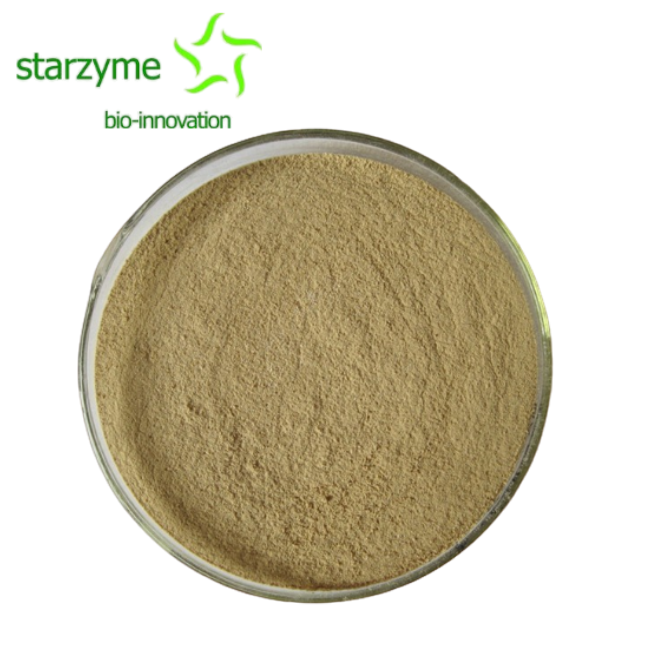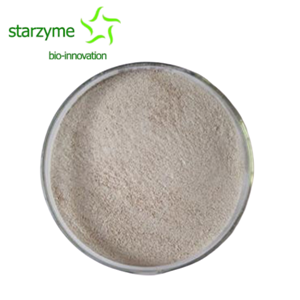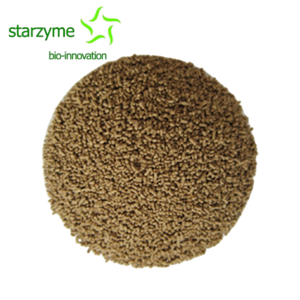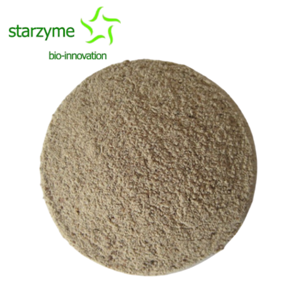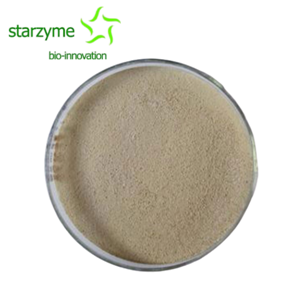How do enzyme preparations work?
What is an enzyme preparation?
* Enzyme preparations are proteins composed of amino acids produced by all living organisms. Enzyme preparations can control many reaction processes and biological activities of fabrics, animals, humans and microorganisms.
* Enzyme preparations are an essential element in all metabolic processes, but they are not the raw material for their survival. They are distinguished from other proteins because of their catalytic activity.
How do enzyme preparations work?
* Enzyme preparations are ordinary protein molecules. They play the role of high-efficiency catalysts in the biological reaction process, which means that they will help a chemical reaction process to happen quickly and efficiently. Not only do enzyme preparations work quickly and efficiently, they are also degradable. They can efficiently increase the reaction speed of biochemical processes, and some biochemical processes occurred very slowly before or even under the same conditions but did not occur at all.
Enzyme preparations refer to biological products with catalytic functions that have been purified and processed by enzymes. They are mainly used to catalyze various chemical reactions in the production process, and have the characteristics of high catalytic efficiency, high specificity, mild reaction conditions, reduced energy consumption, and reduced chemical pollution. Their application fields include food (bread baking industry, flour deep processing, fruit processing industry, etc.), textiles, feed, detergents, papermaking, leather, medicine, energy development, environmental protection, etc. Enzyme preparations are derived from biological sources and are generally considered safe. They can be used in moderation according to production needs.
Enzymes are catalysts for the chemical changes of various substances within living organisms. Enzyme preparations are biological chemicals that extract enzymes produced in biological cells or tissues using physical or chemical methods, and are processed to still have catalytic activity. They have high efficiency, specificity, and activity under suitable conditions (pH and temperature).
There are 54 approved products in China, including papain, α - amylase preparations, refined pectinase, β - glucosidase, etc. Enzyme preparations are derived from biological sources and are generally considered safe. They can be used in moderation according to production needs.
Enzymes are protein tools inherent in organisms (a few of which are RNA or DNA), specifically responsible for accelerating chemical reactions without consuming them themselves. They rely entirely on specific three-dimensional structures and active centers to function, so conditions that damage proteins (such as high temperature, strong acids and bases) can render enzymes ineffective. The efficiency of this protein catalyst is hundreds of thousands of times higher than that of ordinary catalysts, which is the high efficiency of enzymes. And they are particularly picky - for example, amylase only recognizes starch and strikes when it comes to fat and protein.

